Critical Self-Knowledge
I consider myself to have a relatively high degree of emotional intelligence, in that I recognize my own capabilities, motivation, and ability to understand and control my emotions. I am a reflective person by nature, and use this trait on a regular basis to process how my daily interactions, successes, and failures are derived from and contribute to my professional effectiveness. For this reason I have identified critical self knowledge as the second of my advanced competencies.
According to ACPA’s revised professional competencies (2007), one who identifies themselves as being advanced in the skill of critical self-knowledge can demonstrate an overall career plan based on the knowledge of their own self. The documents contained within this professional competency portfolio, specifically my personal statement of mission, professional knowledge summary and professional development plan exhibit a strong awareness of my current strengths, limitations and values and how they feed into my overall perception of myself as a professional.
To consider yourself advanced in this competency, it is also necessary to be aware of how you come across to others. It is with a similar philosophy in mind that I conducted a 360 degree feedback review (Edwards & Ewen, 1996) while serving as President at York St John Students’ Union to determine the correlation between my own perceptions of my capabilities and the perceptions of those around me. The participants in my review included peers, students, colleagues, university administrators, and local community partners. This process allowed me to gauge to what degree my own perceptions of my professional conduct differed from those whom I worked with on a regular basis. While the findings were fortunately not significantly different, they did highlight a few areas in which it was important for me to be more aware of my influence on my surrounding environment.
ACPA (2007) also considers the importance of being able to criticize ideas without criticizing the person they belong to as a necessary trait of this competency. As a conduct officer, I am regularly faced with the task of challenging a student’s actions and the thought process that led to certain behaviors. In many cases, this process has evolved into a discussion surrounding values, priorities, and goals, which has the danger of being percieved as adversarial by the student.
Throughout my time serving as a conduct officer at BGSU, I have developed skills in challenging students’ behaviors and immoral viewpoints without challenging their overall values or identities. I have found this to be a process that takes place almost entirely conversationally, and the degree of care with which this conversation must take place differs from student to student. However, I have seen the benefits of my conversations with students come to fruition in reading their sanctioned reflective papers and also enjoy a low rate of recidivism for students I meet with. I have included case statistics related to my conduct experience as an artifact under advising and helping, but I believe it is also relevant to this competency.
The importance of attending seminars and conferences as well as reading publications and journals is also described as necessary under this competency, and is something that I place high value in. While working in England I lobbied with my peers and supervisors to be granted permission to attend the National Union of Students’ regional and national conferences, the Leading Learner Voice regional conferences and helped to create a Class Rep Coordinator professional association in 2008. Since moving to the US I have attended the ACPA national convention, the NASPA annual conference and also taken many opportunities to visit campuses such as The Ohio State University, Ohio Northern University, the University of Michigan, and Owen’s Community College for a variety of educational purposes, visits, seminars and symposiums.
The value of professional networking is something that I do not underestimate, and I believe it crucial to conceptualizing my own contribution to the profession of student affairs as a national and international community. I am a graduate member of both ACPA and NASPA and have recently joined the International Association of Student Affairs and Services (IASAS). I recognize that my experience as an Englishman who has worked in student affairs both in the UK and US brings a unique perspective and I intend to use this to share valuable experiences and insights with professionals from around the world.
I wrote monthly reflections during my first year of graduate school on my perceptions of the challenges and successes working within my assistantship. These reflections were written to reflect on my experiences thus far and to keep track of my progress towards developing my competency levels. I have included the results of my Organizational Dynamics Questionnaire (Strange & Heineman, 1982) as an artifact, which visualizes the various levels of congruence I hold with my organizational environment. Institutional fit is something that I place high value in, and is always high on my priorities during the job search process. I’m well aware that in order to be an effective administrator, I must be working in an organizational environment that aligns with my own preferences.
Finally, I have included my StrengthsQuest™ report of professional strengths. StrengthsQuest™ is quickly spreading in popularity among student affairs professionals and is considered by entry-level professionals and senior student affairs officers alike to be an accurate tool for determining professional strengths and individual needs. I feel it is important to take advantage of effective tools such as this that aid critical self-knowledge. My five strengths, in order of preference, are Restorative, Empathy, Individualization, Adaptability, and Deliberative.

